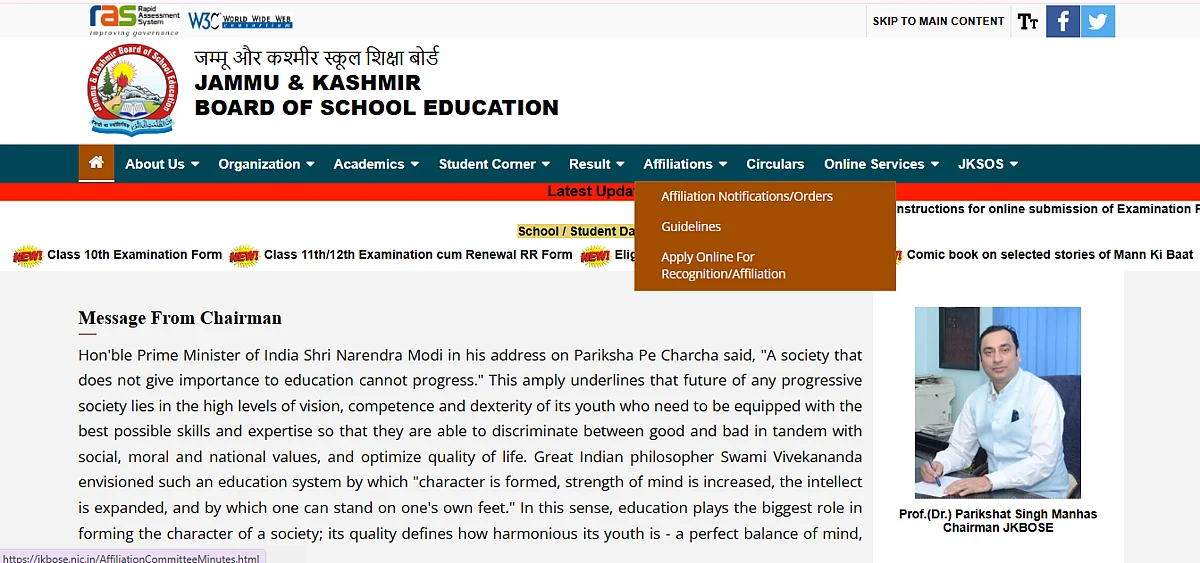For some time now, as India began vaccinating citizens against COVID-19, there has been a lot of debate over the use of Bharat Biotech and ICMR's Covaxin. The absence of third phase trial data had triggered backlash from Opposition leaders and critics even as many expressed skepticism about taking the vaccine.
Now however the situation in changing rapidly towards the better. Even as Prime Minister Narendra Modi and a slew of Union Ministers boosted confidence by taking Covaxin, the company had released data from it's Phase 3 trials last week. The made-in-India jab has shown interim vaccine efficacy of 81%, far exceeding its own prior estimations of around 60% efficacy.
Now, medical journal The Lancet has published the Phase 2 trial results for Covaxin. And while the publication says that it cannot use these results to determine the efficacy of the vaccine, it is both safe and immunogenic.
"The results reported in this study do not permit efficacy assessments. The evaluation of safety outcomes requires extensive phase 3 clinical trials. We were unable to assess other immune responses (ie, binding antibody and cell-mediated responses) in convalescent serum samples due to the low quantity. Furthermore, no additional data on the age of the participant or the severity of disease from symptomatic individuals were obtained. Comparisons between phase 1 and 2 trials were not done in a randomised set of participants, and no adjustments on baseline parameters were made," the publication explained.
At the same time, the journal said that there was an improvement in the response to the vaccine in the second phase trials. "In the phase 2 trial, BBV152 showed better reactogenicity and safety outcomes, and enhanced humoral and cell-mediated immune responses compared with the phase 1 trial," reads an excerpt from the summary published on the Lancet website.
According to the Lancet report, the Phase 2 trial had seen the enrollment of 380 participants of varying ages across nine hospitals across nine states in India. Two intramuscular doses of the vaccine was administered four weeks apart.
"This study enrolled a small number of participants aged 12–18 years and 55–65 years. Follow-on studies are required to establish immunogenicity in children and in those aged 65 years and older," the publication notes.
Incidentally, a follow-up of the phase 1 trial of Covaxin reveals that the vaccine had produced durable antibody and T-cell responses 3-months post-vaccination. The six and 12 months follow-up studies are ongoing.










